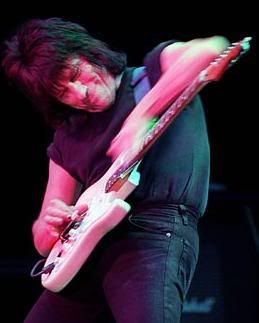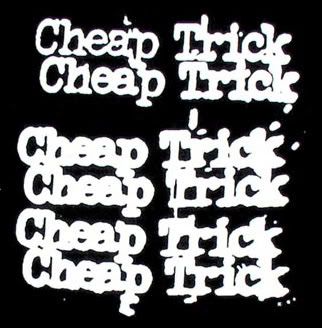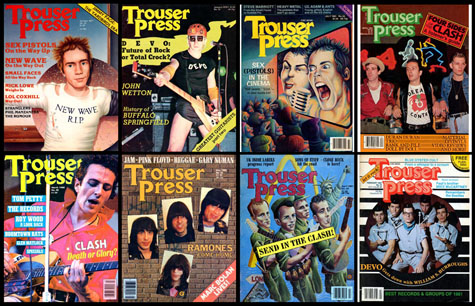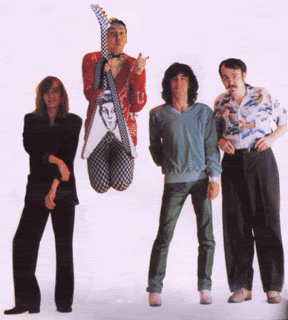Music Review: Steven Wilson - Insurgentes

The official backstory on the first ever full-length solo album from Porcupine Tree's ever-prolific Steven Wilson begins a few weeks back when an announcement went out to fans via both e-mail newsletter and on the artist's official website.
Wilson's solo album Insurgentes was to be made available in a limited run of 3000 copies. The album would include ten new original Wilson songs, recorded in 5.1 surround sound, and would be housed in a deluxe 2 CD/ 1 DVDA package also featuring bonus tracks leftover from the original sessions, an 18 minute film, and a book containing what were said to be gorgeous photographs taken by Wilson at various locations around the world.
A trailer film about Insurgentes also quickly made it's way to YouTube, followed in short order by another one. When I missed the original announcement, and found out the original run had quickly sold out, needless to say I was pissed. But there's good news.
Don't ask me how, (and I'll never tell anyway) but a copy of Insurgentes found its way to my desktop earlier this week. I've listened to it pretty much every day since it arrived on Thanksgiving Day, and while part of me is more pissed at myself than ever for missing that original run, the other, more rational part is now anticipating the album's official wider release in Febuary more than Christmas itself.
Insurgentes is every bit as gorgeous sounding as the tantalizing bits of music on that original trailer hinted it would be. Speaking of which, the music used there (seen below) is from the album's opening track, "Harmony Komine." This song kicks off the album with the sort of chiming guitar that wouldn't be at all out of place on a U2 record, before kicking into a wall of sound highlighted by Wilson's own angelic sounding vocal wails. It's just gorgeous sounding stuff.
From there, the lighter shades of that track are mostly left behind for what are the record's more dominant atmospheres of darkness. For all of Wilson's well-documented tendency to spend a lot of time in the recording studio (by my count, this is the fourth Wilson related project released this year, and one of them was a double CD), you do in fact hear elements of all of Wilson's other "projects" on this record.
The treated drum track and light keyboards of "Abandoner" for example recall his work with No-Man (at least until the blast of noise towards the end). The beginning of "Verona Para Las Hadas" (did I mention there's a Mexican sort of theme to this record I've yet to figure out?), almost fools you into thinking Wilson's gone and remade PT's psychedelic masterpiece "The Sky Moves Sideways." At least until it becomes apparent that the soaring guitars of "Sideways" are replaced here by atmospheric keys and vocals that have more of a -- how do I say this? -- more of a "glide" to them.

The dense, layered guitars and droning minor bass notes of "Salvaging" likewise bring to mind Signify era Porcupine Tree, particularly when the synths kick in. Ditto for the bonus track "Puncture Wound." But there's also this dark, thick kind of heaviness to this record that is almost emotionally draining at times -- even during some of the lighter parts.
At times, this manifests itself as sort of a melancholy dreaminess (as on the aforementioned "Verona"). At others, it takes on the darker avant-prog qualities of someone like King Crimson, like on the doomy sounding "No Twilight Within The Courts Of The Sun." That one even sounds like a title Robert Fripp might come with.
Of all the songs here, "Only Child" and "Get All That You Deserve" probably come the closest to something resembling traditional pop structure. The former could easily fit on a latter day PT album like Fear Of A Blank Planet. The latter sounds at first like a slower, heavier version of Blackfield's "Christenings", before it eventually becomes swallowed in the sort of heavy drone you'd more commonly find on one of Wilson's Bass Communion records.
If you love Steven Wilson and Porcupine Tree, or just like your music played with lots of minor chords (with equal portions of occasionally lighter, but more often slightly off-kilter counterpoint), you'll probably love Insurgentes as much as I do. The latest word is that K-Scope will release the album's original ten songs (without the bonus tracks) on a double disc set including the 5.1 recordings this coming February.





















